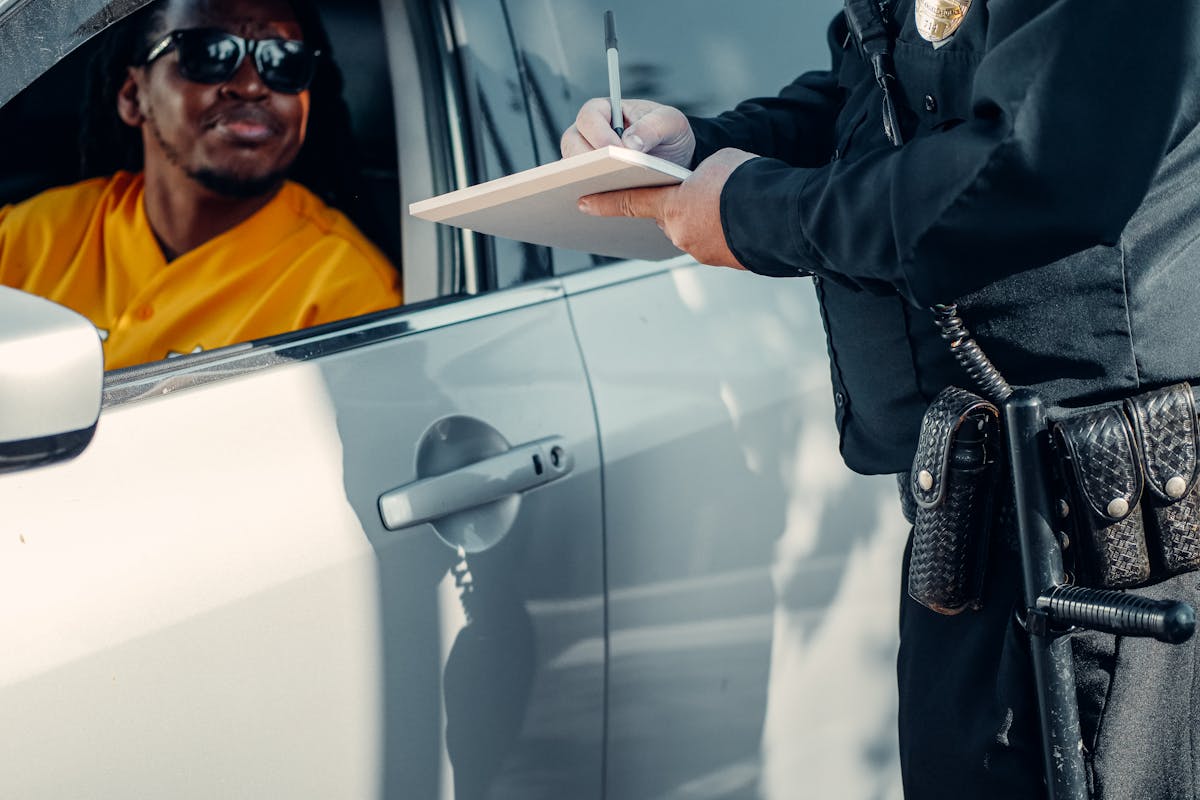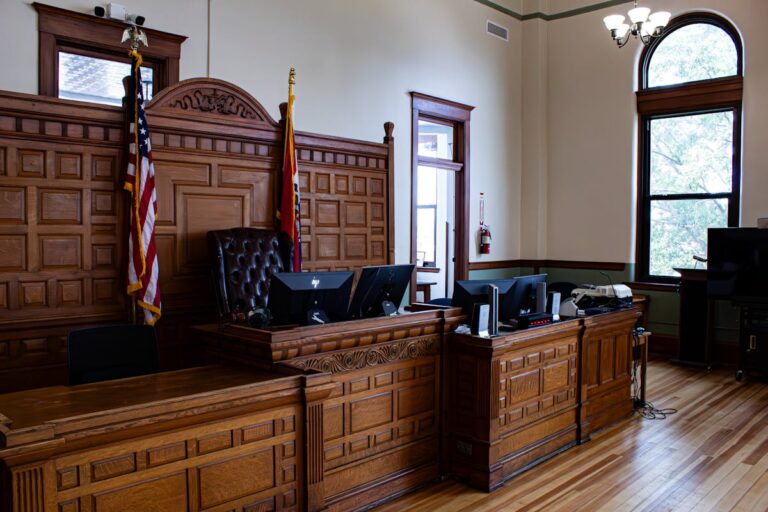Nc Speeding Ticket 20 Over
The implications of receiving a North Carolina speeding ticket for exceeding the speed limit by 20 miles per hour are more significant than many drivers realize. Not only are there immediate financial costs, such as fines and court charges, but drivers may also face potential license suspension if they accumulate too many points. In addition, these violations can cause an increase in insurance premiums and have long-term effects on one’s driving record. It becomes essential, thus, to understand the seriousness of such violations and to explore available legal defenses and mitigation strategies.
Understanding North Carolina Speed Limits
North Carolina’s traffic regulations, particularly its speed limits, play a vital role in ensuring the safety of all road users. Predetermined by the state, these limits are meticulously set to accommodate varying road conditions, traffic flow, and environmental factors. The importance of adhering to these speed limits cannot be overstated, as speeding consequences involve not just legal penalties, but also the potential for fatal accidents.
Speeding awareness is essential in promoting adherence to these limits. Knowledge of the potential dangers and risks associated with speeding should be disseminated to all road users. The aim is to instill a sense of responsibility and caution while driving, thereby minimizing the likelihood of speeding violations.
In North Carolina, the speed limits range from 20 mph in school zones to 70 mph on some freeways. While these limits may seem restrictive, they are established based on extensive research and statistical data, with the explicit aim of reducing traffic accidents and enhancing road safety. Exceeding these limits, even by 20 mph, can result in severe penalties, including hefty fines and license suspension, further emphasizing the state’s zero-tolerance approach towards speeding.
The Real Cost of Speeding
What are the implications of driving at excessive speeds? The most immediate and apparent cost is the financial implications that come with a speeding ticket. In North Carolina, for instance, exceeding the speed limit by 20 mph can result in substantial fines, not to mention the increase in insurance premiums that will likely follow as a result of the infraction.
But beyond the financial aspect, there are other significant repercussions. High-speed driving requires more advanced skills and greater attention, meaning it’s essential for driver education to cover these aspects. However, no amount of education can eliminate the risks associated with speeding.
Safety awareness is another factor that is often overlooked. Speeding can result in loss of vehicle control, reduced effectiveness of occupant protection equipment, and increased stopping distance after the driver perceives a danger.
Furthermore, speeding doesn’t just affect the driver, but it has a profound community impact as well. More accidents due to excessive speeds can lead to higher medical costs, potential loss of productivity for injured individuals, and a general increase in unease and fear among local residents. Hence, the real cost of speeding goes far beyond the initial ticket.
Assessing the Penalties for 20 Over
While it may seem straightforward, the consequences of driving 20 mph over the speed limit in North Carolina are quite diverse and severe. The penalties are grounded on multiple factors, including the exact speed, location, and previous violations.
One of the immediate impacts is the fine amounts. The base fine for exceeding the speed limit by 20 mph is $30, but additional court costs can raise the total to around $188. In certain instances, a court appearance may be mandatory, leading to further financial and time penalties.
Moreover, license points are imposed on the driver’s record. For a single violation of speeding 20 mph over the limit, four points are added. Accumulating 12 points within three years can lead to a license suspension.
To mitigate these penalties, drivers are often encouraged to attend a driving school. Completing a defensive driving course can potentially reduce the license points and may even result in a lower insurance premium. However, the ultimate decision lies with the court.
Impact on Your Driving Record
Receiving a speeding ticket for driving 20 mph over the limit in North Carolina not only carries immediate financial penalties but also has significant long-term effects on your driving record. The severity of these impacts, including the potential for increased insurance rates, cannot be understated. In this section, we will explore these implications thoroughly to provide a detailed understanding of the consequences.
Severity of Penalties
Handling the consequences of a speeding ticket, especially when driving 20 over the limit in North Carolina, can be challenging, with penalties having a significant impact on your driving record. The severity of these penalties varies depending on the specific circumstances of the violation but generally includes hefty court fines and potential license suspension.
The court fines for driving 20 mph over the speed limit in North Carolina are substantial, to say the least. These fines serve as a distressing reminder of the financial consequences of reckless driving. They are intended to be punitive, discouraging drivers from repeating such actions in the future.
Moreover, the severity of the offense could lead to license suspension. This penalty, in particular, can have far-reaching implications on your daily life, affecting your ability to commute to work, school, or other essential activities. The duration of the suspension varies, but it can last several months, severely inconveniencing the violator.
Insurance Rate Increases
In addition to the immediate penalties such as court fines and potential license suspension, a speeding ticket for driving 20 mph over the limit in North Carolina can significantly impact your insurance rates. The financial implications of such a transgression extend far beyond the upfront costs.
When an insurance company conducts a periodic review of your driving record and discovers a speeding violation, it may lead to a notable rate hike. This increase in insurance premiums is due to the perceived risk the insurer associates with a driver who has violated speed limits. Essentially, a speeding ticket signals to your insurance company that you pose a higher risk of causing or being involved in an accident.
To understand this better, a cost analysis can be helpful. Over the course of just a few years, the added costs from increased insurance premiums can easily surpass the immediate fine associated with the speeding ticket itself. Hence, the long-term costs of receiving a speeding ticket in North Carolina can be significant, making it essential to obey all traffic laws to maintain affordable insurance rates.
Consequences for Out-of-State Drivers
When a driver from another state gets slapped with a speeding ticket for exceeding 20 mph in North Carolina, the consequences can be quite severe. North Carolina is part of the Driver’s License Compact, which is an agreement among 45 states to exchange information concerning license suspensions and traffic violations of non-residents and forward them to the home state of the license holder. This means that out-of-state drivers will not only face fines in North Carolina, but the ticket may also have implications back in their home state.
The consequences for out-of-state drivers can be categorized into three main areas:
- Out-of-state fines: The driver will be required to pay the fine in North Carolina, which can range from $30 to $300 depending on the speed and the area where the violation occurred.
- License points: North Carolina’s Department of Motor Vehicles (DMV) will add points to the driver’s record, which can have an impact on their license status in their home state.
- Insurance implications: Although this will be discussed further in the next subtopic, it’s crucial to mention that a speeding ticket can potentially increase the driver’s insurance rates.
How Speeding Affects Insurance Rates
Ever wondered how a speeding ticket can affect your insurance rates? The relationship between speeding tickets and insurance rates is direct and impactful. When a driver is issued a speeding ticket, their insurance company sees this as risky driver behavior, which can lead to an increase in the premium rates.
Insurance companies calculate premiums based on risk assessment. A speeding ticket is a marker of risky behavior, signaling to the insurance company that the driver is more likely to be involved in an accident. This, in turn, increases the likelihood of the insurance company having to pay out claims. To offset this enhanced risk, insurance companies raise the driver’s premiums.
The impact on premiums varies depending on the severity of the speeding offense, the driver’s previous driving record, and the specific policies of the insurance company. A single minor speeding ticket may not notably impact premiums, but multiple offenses or serious speeding violations can result in a substantial increase.
Legal Defenses Against Speeding Tickets
Moving forward, we will explore the legal defenses one can use against speeding tickets, particularly in North Carolina where the penalties can be severe. Our discussion will focus on understanding various defenses available and the intricacies of challenging the accuracy of radar readings. This information is crucial in providing a robust defense against charges related to exceeding the speed limit by 20 mph or more.
Understanding Speeding Ticket Defenses
Traversing the legal maze of speeding ticket defenses can be a complex task. However, understanding the available defenses is pivotal in determining the best course of action following a speeding ticket. This knowledge can help you navigate through the legal system and potentially secure a speeding ticket reduction or even a dismissal.
Here are some common defenses:
- Pleading Not Guilty: A speeding ticket plea of not guilty allows you to challenge the officer’s evidence. You may dispute the officer’s estimation of your speed or question the accuracy of the radar or laser used.
- Mitigation Hearing: You admit you were speeding but provide a valid reason for it, such as an emergency. The judge may reduce the fine or offer alternatives like traffic school.
- Defective Equipment: Contesting the ticket on the basis that your speedometer was inaccurate. This requires evidence, such as mechanic’s report showing speedometer inaccuracy.
Understanding these defenses and how to properly present them in court can have a significant impact on the outcome of your case. It’s advisable to consult with a legal professional to help guide you through the process and potentially achieve a favorable outcome such as a speeding ticket reduction.
Challenging Radar Accuracy
While understanding the general defenses against speeding tickets can be advantageous, it’s also useful to examine the specific method of challenging radar accuracy as a speeding defense.
Radar devices are integral tools used by law enforcement to determine a vehicle’s speed. However, these devices are not infallible. A key aspect to take into account in challenging radar accuracy is the concept of radar calibration. Calibration is a procedure that ensures the radar device is functioning correctly and providing accurate readings.
The National Highway Traffic Safety Administration (NHTSA) sets forth guidelines for radar calibration, which typically involves checking the device against a tuning fork that vibrates at a specific frequency. If the radar’s reading does not match the known speed of the tuning fork, the device may be providing inaccurate readings.
In addition, environmental factors like weather conditions and nearby large metal objects can interfere with radar accuracy. To challenge a speeding ticket on these grounds, evidence such as calibration records, weather reports, and photos of the radar device’s location may be useful. A seasoned attorney can guide you through this intricate process, offering a stronger chance at a successful speeding defense.
Hiring a Traffic Attorney: Pros & Cons
In the aftermath of receiving a speeding ticket, particularly one as severe as 20 over the limit in North Carolina, you may contemplate hiring a traffic attorney. This decision carries both advantages and disadvantages that should be carefully weighed.
Here are some key considerations:
- Professional Expertise: Traffic attorneys understand the legal system in-depth. They can help in negotiating fines, potentially reducing the cost of your ticket.
- Time-Saving: An attorney can represent you in court, saving you from time-consuming appearances. They can also expedite the process of enrolling in traffic school in some cases.
- Cost: Hiring an attorney can be expensive. You’ll need to evaluate whether the benefits outweigh the cost.
However, hiring a traffic attorney doesn’t guarantee a successful resolution. The court’s decision will depend on several factors, including your driving history and the specifics of your case.
Preventive Measures to Avoid Speeding
Despite the rush of modern life, maintaining adherence to speed limits stands as a fundamental aspect of safe driving. Speeding prevention is a critical component in ensuring road safety, not only for the driver but for other road users as well. Engaging in defensive driving techniques can greatly assist in reducing instances of speeding, thereby decreasing the risk of accidents and speeding tickets.
Firstly, it is essential to plan your route and manage your time efficiently. This allows for a more relaxed driving experience, reducing the pressure to speed. In addition, regularly checking your speedometer can keep one aware of their driving speed, enabling timely adjustments.
Secondly, understanding the risks associated with speeding is a powerful deterrent. Speeding increases the likelihood of accidents, reduces the effectiveness of protective equipment, and can lead to severe legal penalties.
Lastly, defensive driving techniques such as maintaining a safe distance from other vehicles, predicting potential hazards, and adjusting to traffic conditions can greatly contribute to speeding prevention. These techniques not only keep the driver safe but also promote an overall safer driving environment.
Repercussions of Repeat Offenses
Having established the importance of adhering to speed limits and preventive measures, it’s equally important to discuss the repercussions of repeat offenses. In North Carolina, the consequences for repeat speeding offenses are severe and can lead to significant personal and financial hardship.
Primarily, repeat offenses will lead to an accumulation of points on your driving record. When these points exceed a certain threshold, it can trigger an automatic license suspension. Additionally, insurance premiums can skyrocket as a result of these additional points. This can lead to financial strain as the cost of maintaining insurance becomes increasingly burdensome.
Here’s what to expect with repeat offenses in North Carolina:
- Accumulation of points: Each speeding violation adds points to your driving record. An excess of these points can lead to a license suspension.
- Increased insurance premiums: Your insurance company may increase your premiums if you have repeat offenses on your record.
- Potential for license suspension: If you accumulate enough points, your license may be suspended, leading to significant lifestyle changes and potential employment issues.
Frequently Asked Questions
What Happens if I Dont Pay My Speeding Ticket in North Carolina?
Non-payment of a speeding ticket in North Carolina can lead to severe payment consequences, including increased fines and court costs. Legal repercussions may include license suspension, increased insurance rates, and even a potential arrest warrant.
Are There Any Diversion Programs Available for Speeding Offenses in North Carolina?
Yes, North Carolina offers diversion programs for speeding offenses. Eligibility requirements vary, but benefits often include reduction or dismissal of charges. Consult with a local attorney to understand options specific to your situation.
Can a Speeding Ticket Be Dismissed for Inaccurate Radar Calibration?
Yes, inaccurate radar calibration can lead to dismissal of a speeding ticket. The legal implications hinge on radar accuracy, as incorrect readings may invalidate the evidence used to issue the citation, thereby dismissing the charge.
How Do I Contest a Speeding Ticket in Court in North Carolina?
To contest a speeding ticket in North Carolina, it’s advisable to enlist legal representation. They can guide you through court procedures, evidence presentation, and appeal processes, increasing your chances of a favorable outcome.
Does a North Carolina Speeding Ticket Affect My License Status in Another Country?
A North Carolina speeding ticket may have international repercussions, depending on the license reciprocity agreements between the U.S. and the other country. It’s advisable to consult with a legal professional for accurate guidance.







